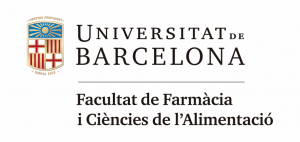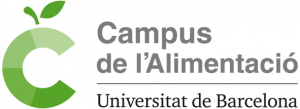Semester Courses
Our undergraduate level courses cover a range of topics revolving around food studies and gastronomy from an interdisciplinary perspective. Our broad range of focus allows students who take our courses to gain access to a contemporary food perspective of Catalonia, Spain, Europe and the Mediterranean, and our gastronomical and cultural heritage. We approach the subject of food from different perspectives, but always with an emphasis on intercultural communication and critical thinking.
Food and gastronomy are the uniting force; this interdisciplinary focus which allows us to create courses that appeal to students who come from many different schools, departments, majors and minors, from fields as diverse as: Cultural Studies, Humanities, Marketing, Business and Management, Finance, Economics, Nutrition, Food Sciences and Technology, Medicine, Human Geography, History, Anthropology, Sociology, Psychology, Sustainability and Environmental Studies, Journalism and Communication.
All courses are 3 US credits, 6 ECTS credits. Students can sign up for just one course or several courses per semester. Upon successful completion of a course, students receive, through their study abroad program of origin, a certificate from the University.
Our current offering:
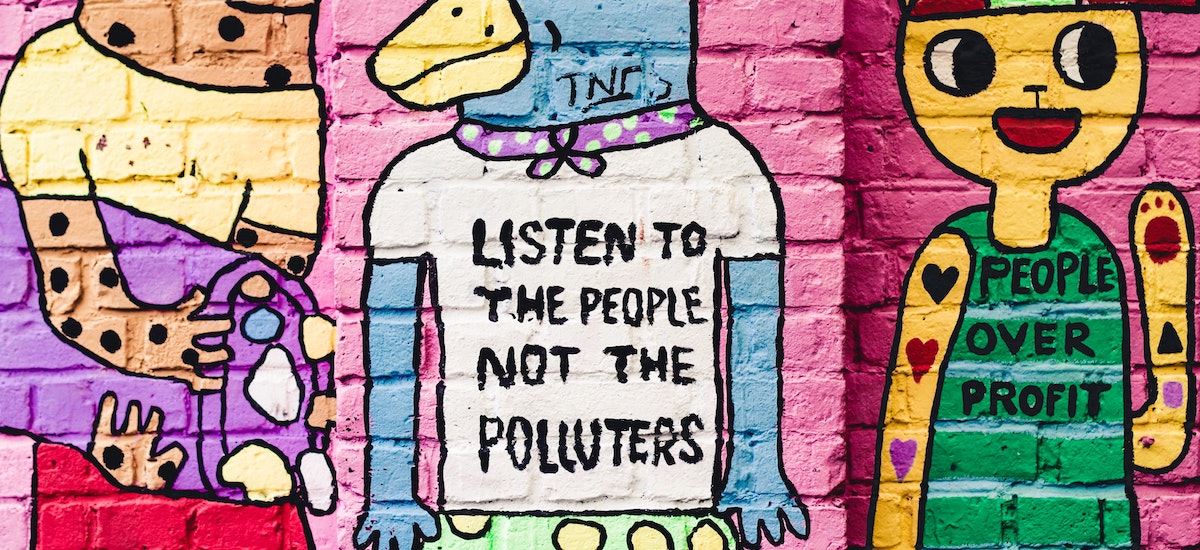
Food Systems & Sustainability

Mediterranean Nutrition & Gastronomy

Marketing & Entrepreneurship in Food
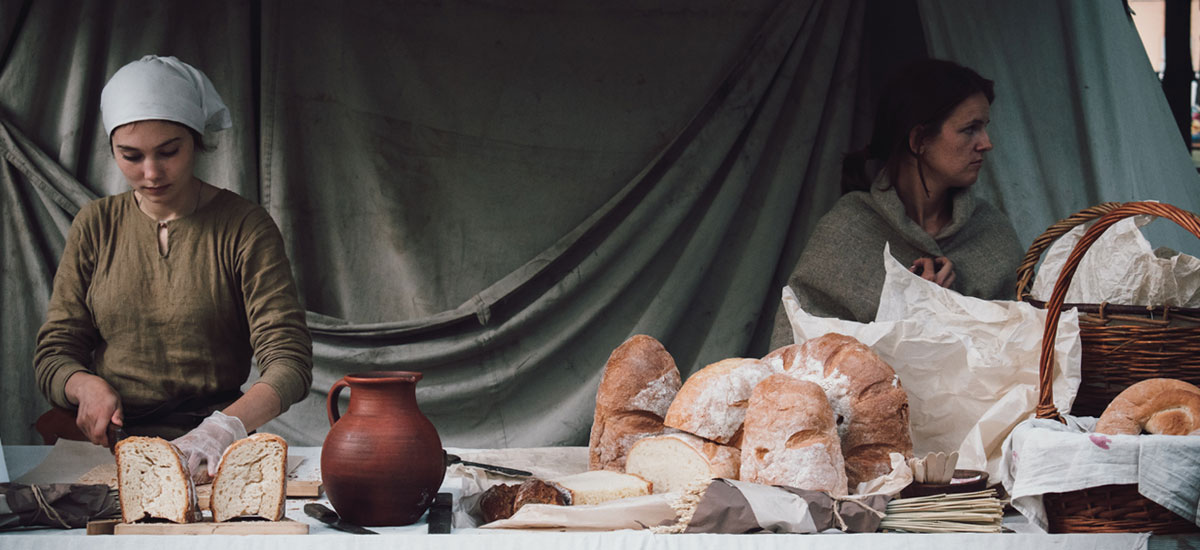
Food Through The Ages
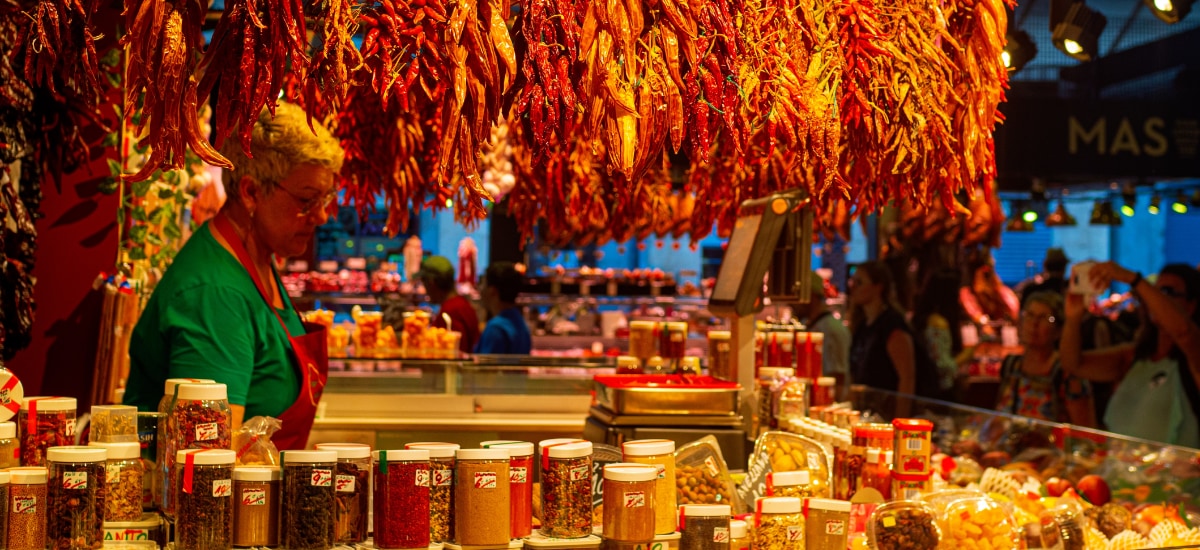
Food & Migration

Food Science, Obesity and Health
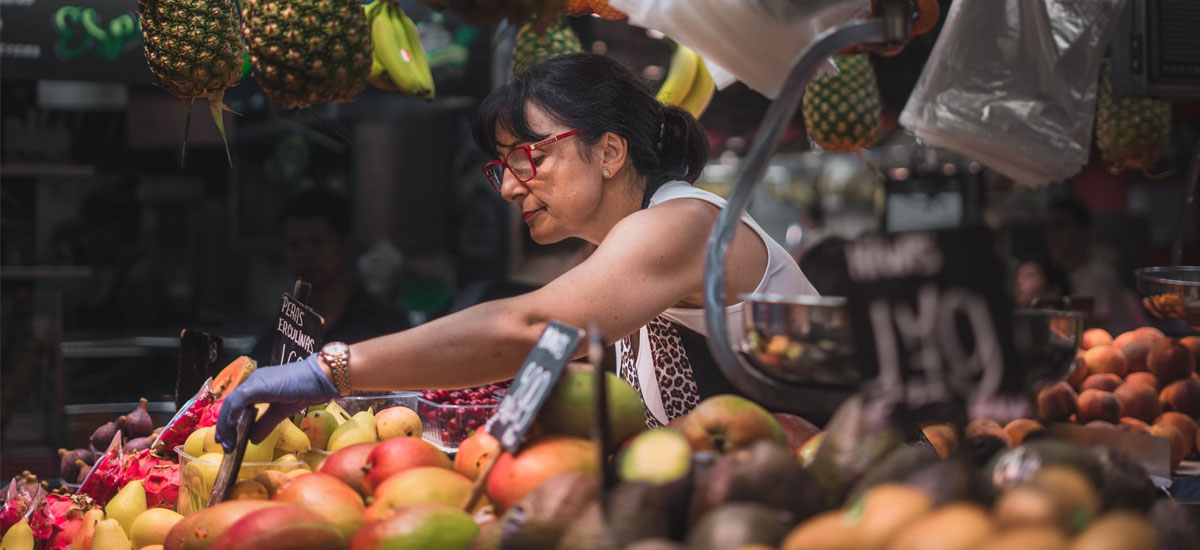
Public Food Markets & The City
All courses are 3 US credits, 6 ECTS credits. Students can sign up for just one course or several courses per semester. Upon successful completion of a course, students receive, through their study abroad program of origin, a certificate from the University.
Food Systems & Sustainability
In this course you will learn about food through a systems perspective, to arrive at a comprehensive and operational definition of sustainable food systems. We will approach all aspects of a food system, including production, harvest, processing, distribution, storage, transport, marketing, consumption and food waste, using local experiential learning events, and Mediterranean case studies. As a result, you will understand how food systems are influenced by social, political, economic, and environmental contexts.
This course has a broad range of applications, and is of interest to students in the fields of environmental studies, agricultural studies, education, business, sustainability studies, food engineering, sociology, etc.
- Number of credits: 6 ECTS / 3 US
- Duration: 1 semester
We cover each step of the food chain as elements from which to understand sustainable food systems.
José A. Torralba, PhD
Mediterranean Nutrition & Gastronomy
This course hones in on the nutritional practices and principles that are at the base of traditional Mediterranean diets, as well as the Mediterranean diet as we popularly understand it today. We will discuss the health benefits of the diet, as well as the diverse ways in which it has developed in today’s rapidly evolving current culinary world, from the mid-twentieth century to the present. Some of the practical aspects of this course include: a hands-on culinary workshop, guest speakers from the fields of sustainable fishing and the restaurant industry, a workshop with Slow Food Barcelona, a practical research project in which students design their own Mediterranean-style diet to apply abroad, and more.
The course will be of special interest for students from the fields of health studies, nutrition, culinary and gastronomical sciences, communication, psychology.
- Number of credits: 6 ECTS / 3 US
- Duration: 1 semester
The course examines the nutritional benefits of the diet, as well as its multi-faceted expressions in the current culinary scene
Camila Loew, PhD
Marketing & Entrepreneurship in Food
What makes a food business special, yet similar to business in other industries? In this course we focus on the concepts of experientiality, authenticity and credence, to understand the tools food shares with other businesses, as well as the unique context of food businesses. We utilise case studies and meaningful stories of food products, brands and services, told by real people: entrepreneurs and chefs who are “on fire” to bring to the market a unique and superior proposition.
The course includes a module on sustainability focused on feminist ethics and the inequalities that have historically existed in the food world.
Food is where it’s at; there have never been more market opportunities to create, explore and ride the contemporary trends that make food such a special business field.
- Number of credits: 6 ECTS / 3 US
- Duration: 1 semester
Jump onto the Business of Food bandwagon this coming term and enjoy a truly experiential course.
Fernando Alegría, MBA
Food Through The Ages
Since the beginning of time, food has been associated with sustenance but also with pleasure. This course will concentrate on the culture of food by focusing on how food binds families, nations and empires together, and how individuals and societies have challenged conventions and ingrained habits. The course will survey the history of food from the bacchanalian pagan and religious festivals to the rise of high aristocratic cuisine to the coming of modern restaurants and cafés. Along the way, special attention will be paid to transformations that arose as a result of dthe “Old World” exchanges between Christian Europe, Islamic North Africa, and Asia, and the “New World” exchanges following the discovery and colonization of the Americas.
This cross-disciplinary course will make use of readings from history, art, cultural studies and sociology. We will pay particular attention to Barcelona and the Mediterranean world, which have been at the center of innovation.
- Number of credits: 6 ECTS / 3 US
- Duration: 1 semester
Join us on this journey through the ages to explore the history of food and taste.
Marina Díaz, PhD
Food & Migration
This course analyzes Barcelona’s socio-cultural context through the lens of food to gain an understanding of the complexities that arise with migratory processes. We explore the origins of “national” cuisines, examining how food culture has always been shaped by immigration and exchange. Digging into Barcelona’s migrant landscape, we use food to discuss topics relating to personal and collective migrant identity, adaptation, assimilation, adjustment, “authenticity,” and fusion. We then turn to the city’s modern foodscape, honing in on the influences brought by immigration and globalization, paying attention to power dynamics, cultural preservation, economic interest and more.
This course will be of special interest to students from the fields of anthropology, sociology, history, media studies, cultural studies, geography, business and communication.
- Number of credits: 6 ECTS / 3 US
- Duration: 1 semester
We cover the social, historical, cultural, and economic dimensions of migration and globalization in Barcelona, using food culture as a framework.
Vera Armus, M.A.
Food Science, Obesity and Health
- Number of credits: 6 ECTS / 3 US
- Duration: 1 semester
To address the current public health crisis, we urgently need to explore innovative strategies to promote health-supportive eating.
Cristina Pubill Ulldemolins, PhD
Public Food Markets & The City
In Barcelona, 39 public food market halls form an expansive network that spreads across the urban fabric; they are a vibrant anchor for every neighbourhood in the city. Public food market halls persisted and even in Spain over the 20th century, while in most other countries they have fallen into disuse.
This course will consider Barcelona’s public food markets by tracing how they have co-evolved with the interrelated concepts of architectural theory, urban planning practices and changing notions of ‘the city.’ Throughout the semester, we will experience local markets to consider how these public marketplaces have been prioritized by the city, favouring a co-evolution of local culture, gastronomy, city planning and food systems. Have Spanish architects merely responded to these changes, or have they participated in re-defining the role of the public market?
- Number of credits: 6 ECTS / 3 US
- Not offered this year
This course will be of interest for students of art and architectural history, historic preservation, urban studies and city planning, and social, cultural and European history.
Hannah Rose Feniak
Food & Communication
This course focuses on Barcelona as a case study to explore how communities remember and narrate their own histories to themselves and to others, using concepts such as taste, terroir, memory, and identity. The course is organized to cover the history, the representation and the communication about food and culinary practices in the Iberian Peninsula. The students will be exposed to the study of food from different perspectives ranging from history to journalism. This course considers the relationship between the food we eat and our sense of identity in the context of regional identity politics in Spain.
We will study how Catalonia has turned to its traditional cuisine and local culinary products to strengthen their sense of regional identity while strategizing to communicate this uniqueness beyond the brand of “Barcelona” and “Spain” to the world.
- Number of credits: 6 ECTS / 3 US
- Not offered this year


